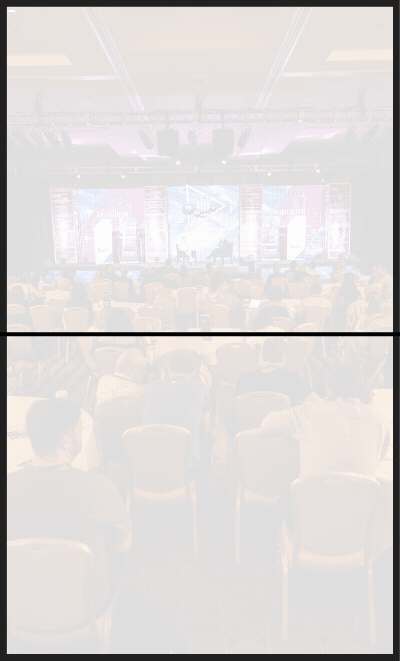

PodMov Daily: Monday, December 7
Episode 331: Your Monday Mix

Designing Podcast Listener Surveys the Right Way
According to Edison Research SVP Tom Webster, a podcast listener survey without proper context is a missed opportunity. Be conscious of variables: “[…] before you can really use that data for decision support, you have to consider the three great biases of any self-selected listener or customer survey of this type.”
Say you send out a survey with no incentive for answering. “Asking your listeners to take a survey without some kind of exchange of value will only generate responses from those who are intrinsically motivated to do so,” Webster points out. Feedback may end up being from superfans, complainers, and little in between.
A little planning is worth your while. “[…] there is an enormous benefit to doing online surveys the right way, making an investment in all segments of your customer base, and creating a virtuous circle between the desire to share information with your brand, and the desire to spread information about your brand with others.”
Guest Feature: Interview Questions to Disarm and Delight
What is your favorite curse word? Joey Held wants to know. The podcaster and marketer (Parks n Wrecked, Good People, Cool Things) shares fun, flexible questions to kick off a conversation — or get one back on track. “Every podcast guest has their own story to tell, but not just one.” Creative phrasing goes a long way.
Questions should be specific but subjective. Instead of asking a drummer about their first kit, try: “What do you remember about the first time you [felt connected to your instrument]?”. Held explains, “By phrasing the question like this, asking what they remember, you’re encouraging your guest to dive back into a fond memory.”
Held was disarmed by the curse word question in a job interview, believe it or not. “You’ll get a sense of how their mind works,” he says. “No one will merely say, ‘My favorite is bollocks,’ and that’s the end of it. Instead, they’ll give a reason or two as to why it’s their favorite.” (In a pinch, ‘favorite euphemism’ will do.)

Riverside.fm: Remote Recording, Unmatched Quality
Now more than ever, quality comes first for remote recording. Welcome to Riverside.fm, the first platform that records up to 4k video and WAV audio from the browser. Recorded locally, separate audio and video tracks for each participant are crisp, clear, and perfectly in-sync.
Riverside.fm has the unique ability to record uncompressed audio and 4k video tracks, independent of internet speeds. There’s nothing to install or download — up to 8 people can simply join and start creating. Even better, automatic backup for each recording means no lost files, ever.
Ready to level up your live streams? Engage your audience on the platform, YouTube, Facebook, Twitch, or Twitter. From progressive uploading to easy screen sharing, the Riverside experience is second to none. Check out the all-new redesign to discover recording done right.
Here's what else is going on:
- Hard part: Forbes’ Bill Rosenblatt predicts “a bifurcated podcasting world” if Amazon ends up buying Wondery. To effectively compete, “[…] it’s inevitable that Amazon will follow a path with Wondery that’s similar to the path that Spotify is on with its podcast acquisitions and licensing deals.”
- Future plans: On Wednesday at 10:00 am ET, three alumni teams from the Google Podcasts creator program will lead “How to Create and Sustain a Podcast (Your Way!)” The free talk will focus on consistency and what they’ve learned. From PRX and the Google Podcasts creator program.
- Sample size: Affiliate marketing is ideal for monetizing shows with small audiences, writes Tae Haahr for The Podcast Host. Risk is low both ways: “Unlike running paid ads on a show, companies don’t have to pay for you to advertise their products upfront — you get a cut after you make a sale.”
- Support team: The results are in for “Audio Drama Funding, an Unscientific Poll.” Audio fiction producer Tal Minear breaks down 111 responses. 83% of shows are at least partially self-funded, and 47% of shows “received some amount of money from a subscription model such as Patreon.”






Join the Movement